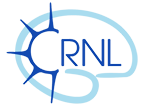Clubs at CRNL
NeuroImaging Club
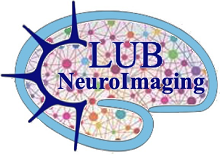 The NeuroImaging Club of the CRNL brings together those interested in practicing neuroimaging, mainly in humans and
The NeuroImaging Club of the CRNL brings together those interested in practicing neuroimaging, mainly in humans and
in MRI.
Monthly meetings, on Tuesday morning, are organized to discuss, present tools / methods / preliminary results, or in the
form of a club journal. Do not hesitate to come!
The last topics discussed were: XNAT, BIDS / MRIQC / fMRIPrep, Git, a journal club on the reliability of fMRI results,
pre-registration...
A page dedicated to the club on the internal CRNL wiki allows you to find material from past meetings and information for upcoming meetings + documents such as guides for using the tools available at the CRNL.
To discuss our practices and disseminate information, we use an mailing-list and a discussion thread on Slack. See you soon!
Contacts : Gaëlle Leroux, Isabelle Faillenot & Justine Épinat-Duclos.
Methodology Club
The Methodology Club was set up to meet recurring needs for assistance in the use of neuroimaging methods which are always evolving.
"A reviewer asks me to use Bayesian statistics, what should I do? "," What is the difference between Granger and DCM connectivity? "," Given my experimental design, what would be the best way to correct my baseline evoked responses? "," I would like to use the decoding approach described in this paper, does that sound relevant to you, can someone help me? "
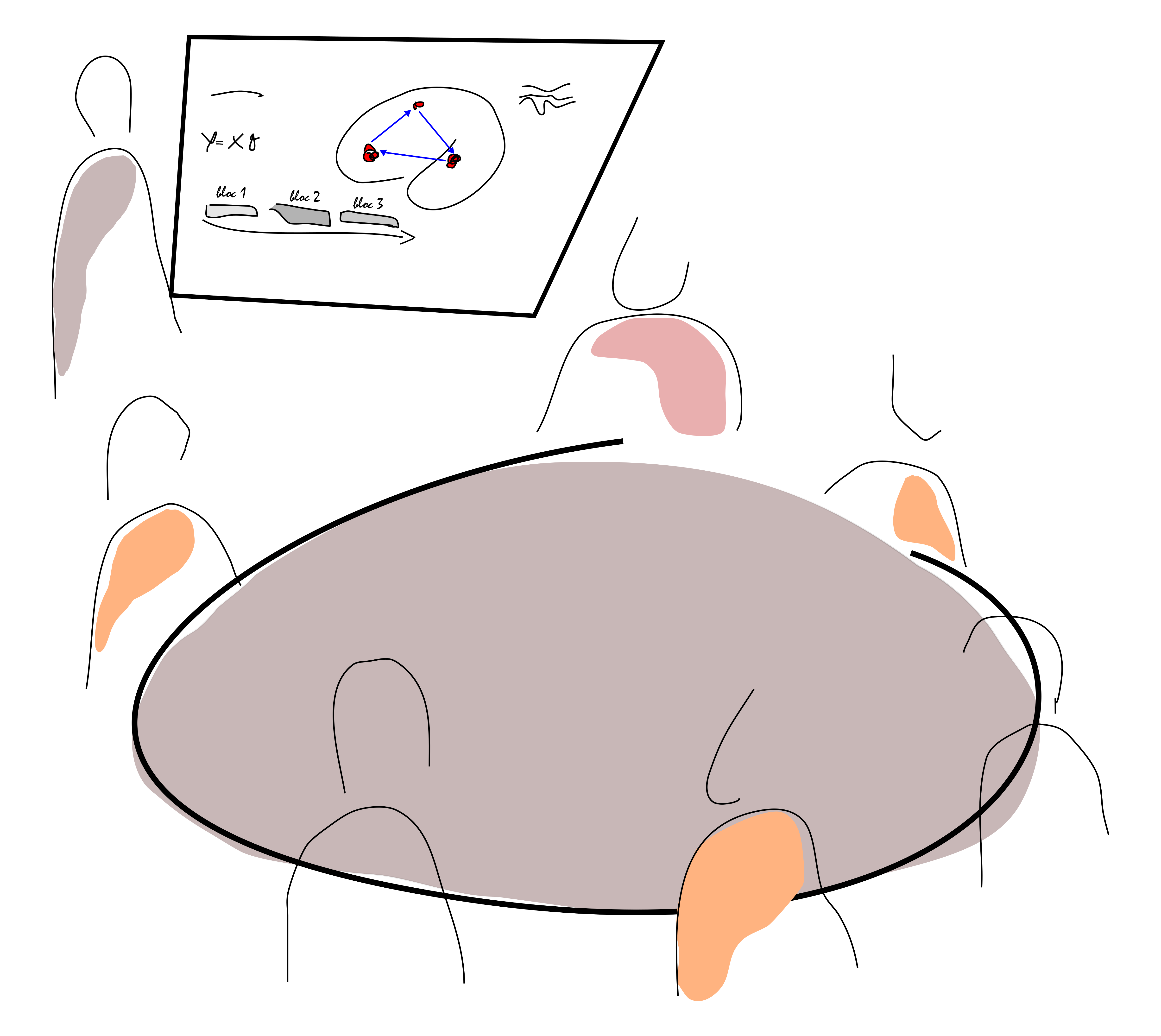
Our operation is simple: every week, we get together, take a quick tour of the table to identify the issues of the day and we try to find concrete solutions, collectively. The answers can be immediate or they consist of putting in contact with experts in the subject, pointing to appropriate studies ...
We also interact through a mailing list and discussion thread on Slack.
This operation is proving to be virtuous: over the course of our interactions, a dynamic has been created between researchers, ITAs and students, particularly conducive and beyond the sharing of expertise, to the pooling of analysis tools, codes and data within the CRNL.
Do not hesitate to join us, regularly or occasionally because a methodological question is burning your lips.
Contacts : Françoise Lecaignard, Jérémie Mattout
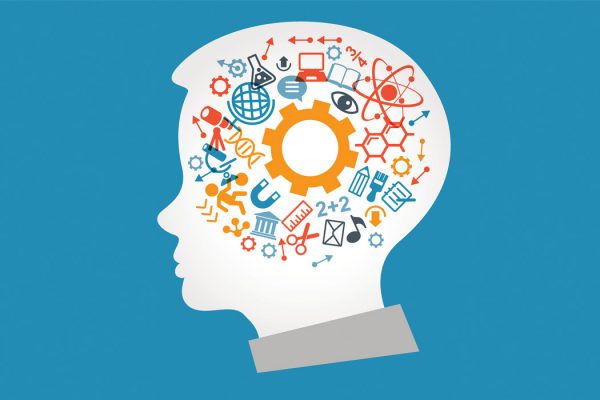 LEAD Club
LEAD Club
The Learning, Education and Development (LEAD) reading group brings together researchers interested in developmental psychology, developmental cognitive neuroscience, and the science of learning more generally. It is co-organized by Jérôme Prado at the CNRL and Eddy Cavalli from the Laboratoire d'Étude des Mécanismes Cognitifs at Lyon 2. Each meeting is usually devoted to discussing a paper, sharing ideas about a project, or getting feedback on some results.
The LEAD reading group meets every first Friday of each month from 10:30am to noon. All materials are posted on the OSF page of the group, which is located here: https://osf.io/w985e/.
All are welcome to join!
Contacts : Jérôme Prado, Eddy Cavalli
The scientific animation of the CRNL (for CRNL members: wiki link)
Events calendar available on the website or on the CRNL gmail events calendar.
The CRNL Lecture Series
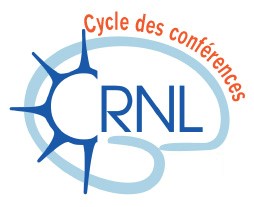
The CRNL Conferences take place once a month, generally on the first Tuesday of the month from 11:30 to 13:00 (45 minutes of lectures, 45 minutes of exchanges) followed by a buffet aperitif to allow the discussions to continue.
The organising committee ensures that the themes are of interest to as many of the Centre's teams, platforms or platforms as possible. Speakers may be in fields covered or not covered by the CRNL as well as related to neurosciences in the perspective of "opening" conferences.
The committee is also careful to respect the parity between men and women in the conferences.
Contacts: Claudio Brozzoli, Anne Didier, Emmanuelle Courtiol, Alexandra Fargeot, Romain Ligneul, Sabine Plancoulaine, Guillaume Sescousse.
The conference organising committee can be contacted by e-mail at the following address: conferences@listes.crnl.fr
Click here to access the CRNL Conferences wiki page to find the organisational details, the online file for speaker proposals and the link to the CRNL events calendar.
Le CinéScience
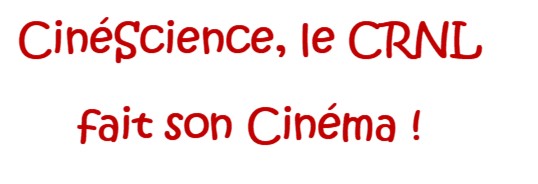 The Concept
The Concept
Inspired from the CineSciences sessions organised at the CNRS regional delegation, we offer scientific discussion on a given subject, using as an illustration the broadcast of excerpts from "cult" / popular films of a few minutes followed by discussions with a scientist to question the concepts presented or questions raised by the film / the topic.
The first sessions - before the Covid episode !
Autism, Society and Research, about Autism Spectrum Disorders, extracts from the movie Rain Man
Proposed and organized by Christina SCHMITZ, DYCOG CRNL
Narco Wars: sleeping, yes but at the right time ! about Narcolepsy, extracts from the movie NARCO
Proposed and organized by Christelle PEYRON, Silvia MELZI, Manon VILLALBA, Maxime GRENOT, SLEEP CRNL
Contacts : Alexandra Fargeot et Pascale Giraudon
The seminars "WhatDoYouDoAtCRNL?"
What is your research topic? What team are you on? What know-how in this platform? and this research  support service?
support service?
To get to know each other better, whether you are a student, administrative, clinician, technician, researcher, engineer … the seminar “ Tu Fais Quoi au CRNL? “, it’s:
. Two presentations per seminar;
. Twenty minutes, followed by ten minutes of “open-ended” questions
. Presented by students, ITA, clinicians, teachers and researchers from CRNL;
. One Tuesday per month, from 12:30 to 13:30 . in the amphitheatre of the Neurocampus
in order to
. Discover the work of the CRNL teams, technical platforms and common services;
. To pool the skills and experiences of the laboratory members;
. Bringing research and administration closer together;
. Discuss scientific or technical problems to be solved;
. To encourage critical thinking and to share ideas in a friendly way;
Don’t hesitate! propose a presentation (tufaisquoi@listes.crnl.fr) and come many!
Contacts : Pascale Giraudon, Gaël Malleret et Paul Salin
